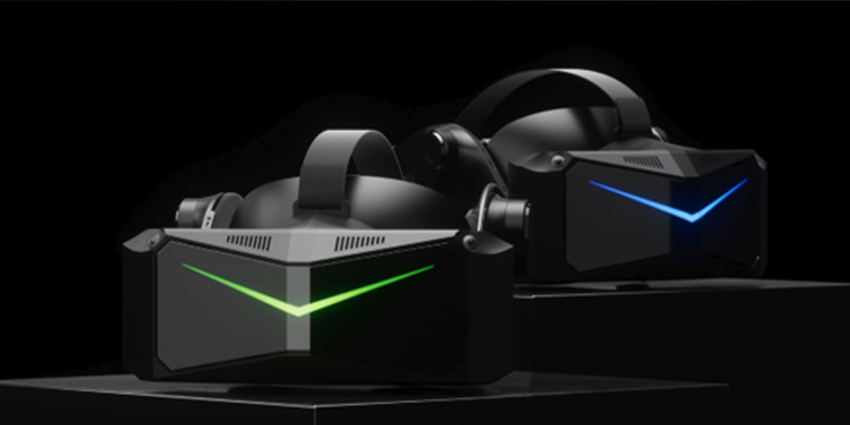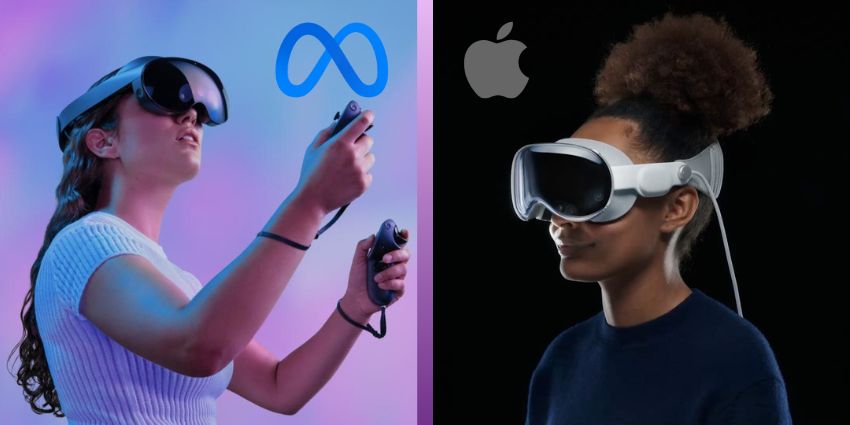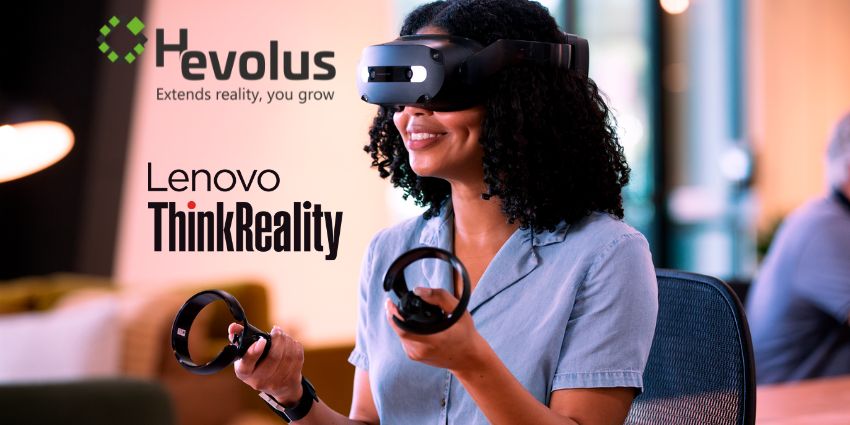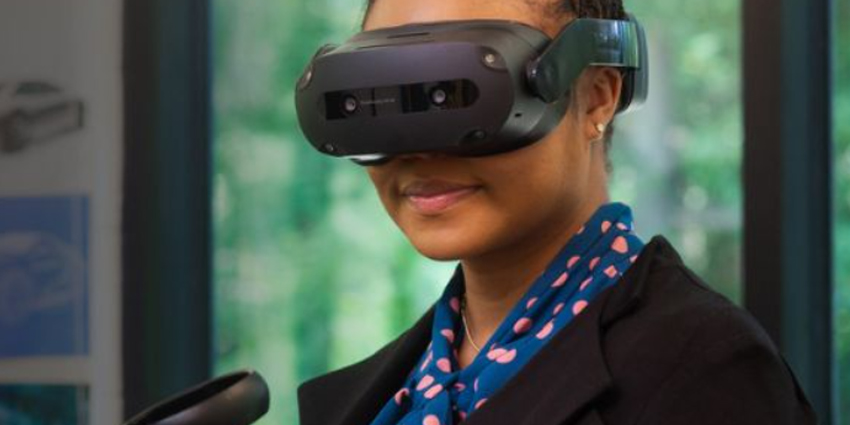The penultimate week of January has, yet again, shaken up the extended reality (XR) industry. 2023 has not even reached its sophomore month, although more and more innovations are coming full-force while mass layoffs defined the week past.
Despite a promising couple of weeks following CES 2023, the year appears to continue last year’s trend of poor stock performance and numerous layoffs across the technology industry.
Although, despite cancellations across the XR landscape, the industry’s continued innovation and adoption of emerging solutions may start an uptrend, breeding a new life into a prosperous yet perhaps unstable marketplace.
Google Parent Alphabet Lays Off 12,000 Jobs
Late last week, Alphabet, Google’s parent firm, laid off roughly 12,000 individuals.
The move accounts for around 6 percent of Google’s global workforce. Moreover, in a memo, Alphabet Chief Executive Sundar Pichai explained that layoff would mainly affect workers in its recruiting, corporate, engineering, and product divisions.
Pichai also noted that workers in the United States would be the first affected. Additionally, due to differences in employment law, international job losses would take effect at a later date.
Google’s layoffs come just days after Microsoft and Amazon announced cutbacks of roughly 10,000 employees. Also, in November 2022, Meta Platforms announced the dismissal of approximately 11,000 employees due to poor revenues and the international economic downturn.
ChatGPT for Enterprise
On a more positive note, virtual reality (VR) training pioneer Virtualspeech integrated trending ChatGPT technologies into its enterprise-grade immersive learning platform last week.
Based on a user’s prompt or input, ChatGPT produces human-like text. Users can tailor their request to various use cases or use it as a chatbot to instantly respond to text inputs conversationally.
Individuals can use ChatGPT to have a basic conversation with the platform’s learning bot. The service also allows users to generate content such as stories and articles.
ChatGPT allows business teams to leverage machine learning to complete tasks that a chatbot can fulfil. However, if a firm takes such an approach, the company must review each request with content quality control.
Virtualspeech uses ChatGPT to create instant AI responses for a virtual human in an immersive learning environment.
The firm’s VR training platform helps trainees overcome nerves and anxiety during a crucial social-led business opportunity by simulating meeting or event scenarios.
Virtualspeech leverages ChatGPT to voice avatars that assist trainees in improving soft skills like interview technique, presentation skills, and handling difficult conversations.
Microsoft is also getting in on Chat GPT, purchasing most of its parent firm Open AI. Reports indicate that Microsoft will integrate ChatGPT into its umbrella of applications via Azure AI.
Vodafone to Support Digital Twins Leading into 2025
Last week, international telecommunications firm Vodafone partnered with Esri to create digital twins of over 40 million environmental features.
Esri uses its 3D environmental mapping service to enable 360-degree digital twin views of Vodafone’s networks that users can view via mobile devices and PCs.
The partnership provides accurate details of roughly 500,000 networking tools, including antennae and visualised data, allowing teams to inspect base stations before on-site work remotely.
The news comes as Vodafone builds towards an ‘on premise’ cloud computing service, which enables the firm to scale its technology by 2025 to accommodate European network growth rates.
The cloud-computing infrastructure will future-proof Vodafone’s networks with a scalable platform for monitoring and adjusting demand at the edge of networks.
Metaverse Seoul Launches Enabling Immersive Access to Public Services and Resources
Finally, last Monday, South Korea’s Seoul Metropolitan Government launched Metaverse Seoul, an immersive VR service which allows residents to access public services and resources.
The region’s government allows users to access famous attractions, read official documents, file complaints, and talk to officials via its Metaverse service.
The service went under the beta testing phase last year as the region developed various core infrastructure requirements to support widespread immersive services and data sharing.
Following its recent launch, the Seoul Metropolitan Government aims to introduce the platform and its benefits to senior citizens.
The platform’s next step will allow older individuals, who may find commuting hard, to access critical governmental resources.







